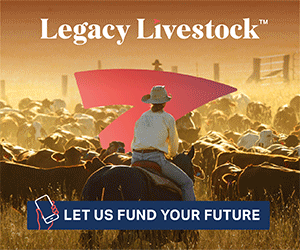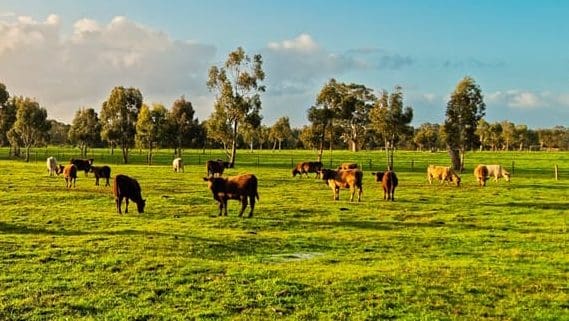THE Federal Government has proposed changes to superannuation tax concessions making people with more than $3m in their super accounts losing some of their tax breaks.
Treasurer Jim Chalmers released the bill today, which will be open for consultation until October 18, saying that it will not have a big effect on the country.
“The 0.5 percent of people with superannuation balances above $3 million will still receive tax breaks, just slightly less generous,” he said in a statement.
“The change will not alter the amounts of money people can put into super, and it applies to future earnings – it’s not retrospective.
“From 2025‑26, the concessional tax rate that individuals with total superannuation balances of $3 million or more receive on annual earnings will be 30 per cent, rather than 15 per cent.”
But the Nationals and the National Farmers’ Federation have raised concerns about the legislation saying it could have an impact on succession plans.
NFF chief executive officer Tony Mahar said one of the biggest concerns was the absence of indexation, meaning the threshold won’t increase with inflation.
 “Unlike regular salaried employees, many farmers do not make consistent superannuation contributions,” Mr Mahar said.
“Unlike regular salaried employees, many farmers do not make consistent superannuation contributions,” Mr Mahar said.
“Instead, they consider their land holdings as their primary retirement nest egg. This practice is paramount in succession planning, where land assets are frequently transferred into self-managed superannuation funds (SMSFs) to facilitate retirement income for retiring farmers.
“The taxation of unrealised gains poses a genuine challenge for farmers, many of whom may find it difficult to meet the annual tax obligations without selling their land assets. This new tax could significantly impact a farmer’s yearly retirement earnings, potentially exceeding them.”
Nationals say feedback has been ignored
Nationals leader David Littleproud said the legislation had ignored feedback from farming groups and did not factor in the unique challenges of agriculture.
“You only have to look at the current year, where property prices have increased but conditions have turned dry, and input costs are at record highs. Farmers may not have the cashflow to pay the tax on the unrealised capital value in their property that was part of a SMSF,” Mr Littleproud said.
“It gets worse for our sheep producers who face tougher prospects since the Labor Government has announced banning live sheep, which has rendered sheep worthless and therefore unable to provide any cashflow to pay Labor’s new tax.
“Many families and farm owners previously set up SMSFs as their future retirement and savings, unaware Labor could come for their assets with more taxes. This is deceitful.”
- For more on the legislation click here
Source: Jim Chalmers, NFF, David Littleproud

